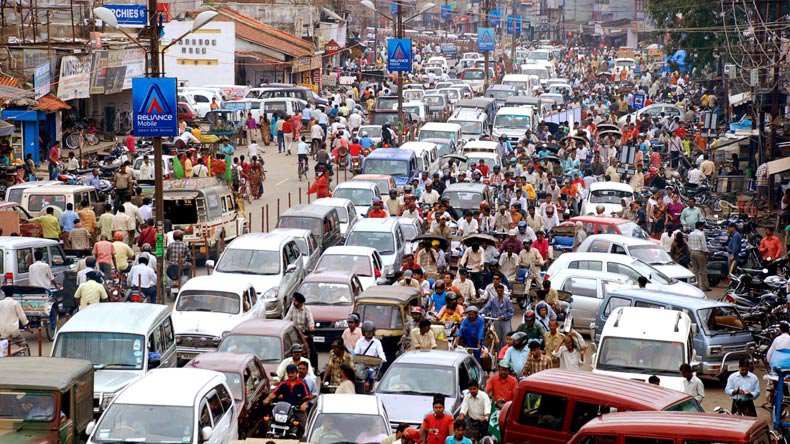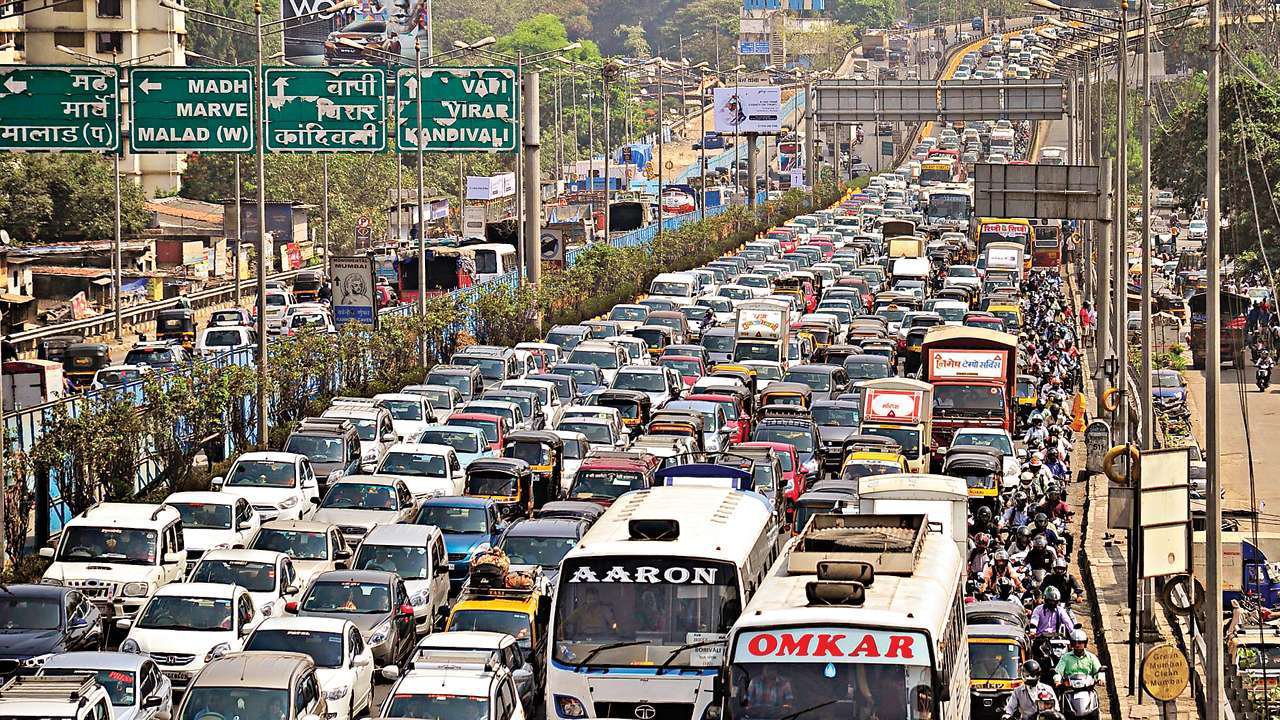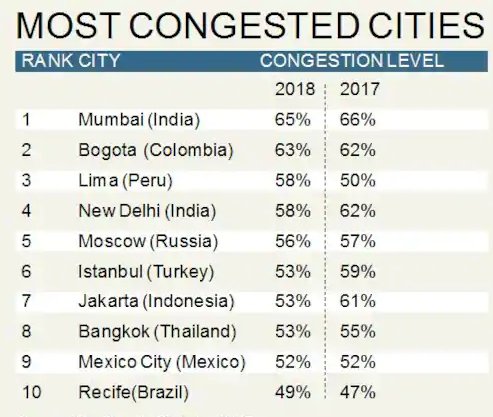It’s official, Mumbai is the most traffic-congested city in the world for the second year running. Delhi is also part of the chock-a-block olympics, coming in at 4th place.

The findings are part of the Traffic Index 2018 published by TomTom, an Amsterdam-based company. TomTom uses location technology to collect traffic information, and the latest study ranks 403 cities across 56 countries.

In this study, congestion has been defined as the additional time it takes to reach a destination as opposed to when the road is clear of traffic.
Mumbai’s congestion level of 65% means the extra travel time is 65% more than an average trip would take during uncongested conditions. For Delhi, the extra travel time is 58% more.

TomTom’s study factors in peak hours, accidents, inclement weather, construction work and all other factors likely to cause disruptions.
In both Mumbai and Delhi, traffic congestion during morning and evening peak hours varies between 73% and 102%.
Ralf-Peter Schaefer, TomTom’s Vice President of Traffic Information said,
Globally, traffic congestion is rising. And that’s both good, and bad, news. It’s good because it indicates a strong global economy, but the flip side is drivers wasting time sitting in traffic, not to mention the huge environmental impact.
So it looks like the folks of Mumbai and Delhi can’t look forward to a let-up in traffic jams any time soon.